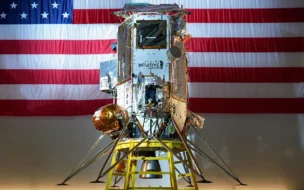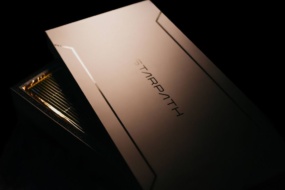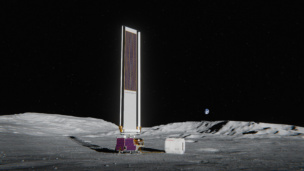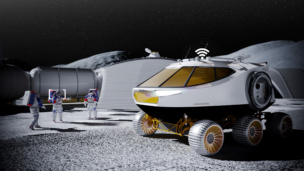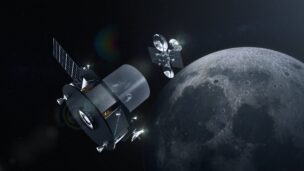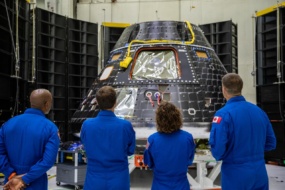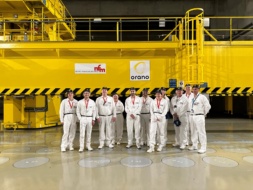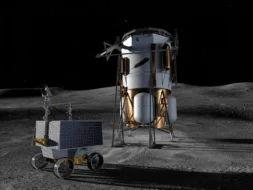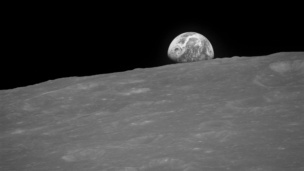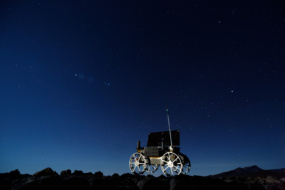Intuitive Machines Closes $30M KinetX Acquisition
KinetX has joined the Intuitive Machines family after years of working alongside it. Yesterday, Intuitive Machines ($LUNR) announced that its $30M acquisition of KinetX, a space infrastructure company with experience in constellation management, is complete. The companies first announced the deal in August. The $30M acquisition was structured like this: IM is planning to use […]
